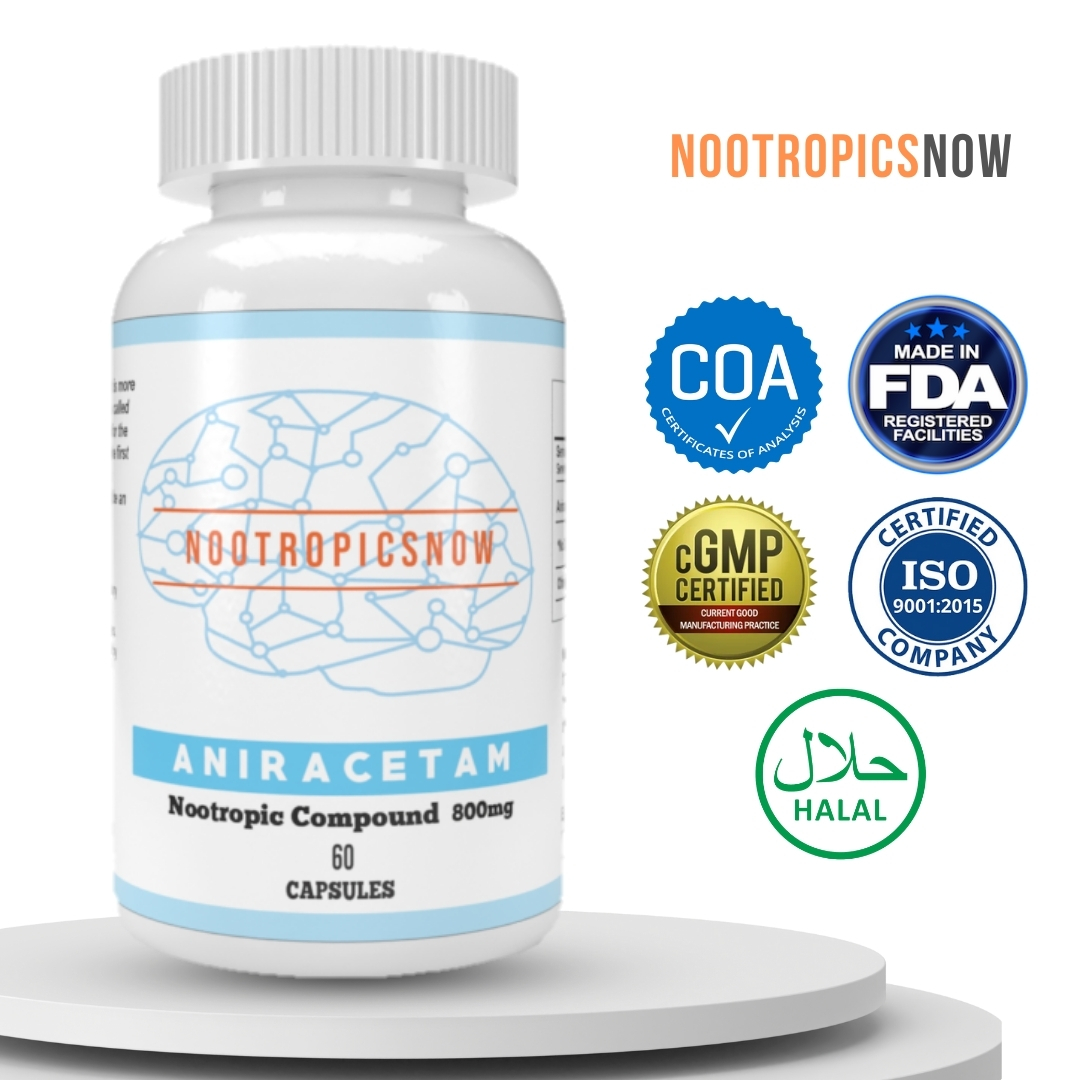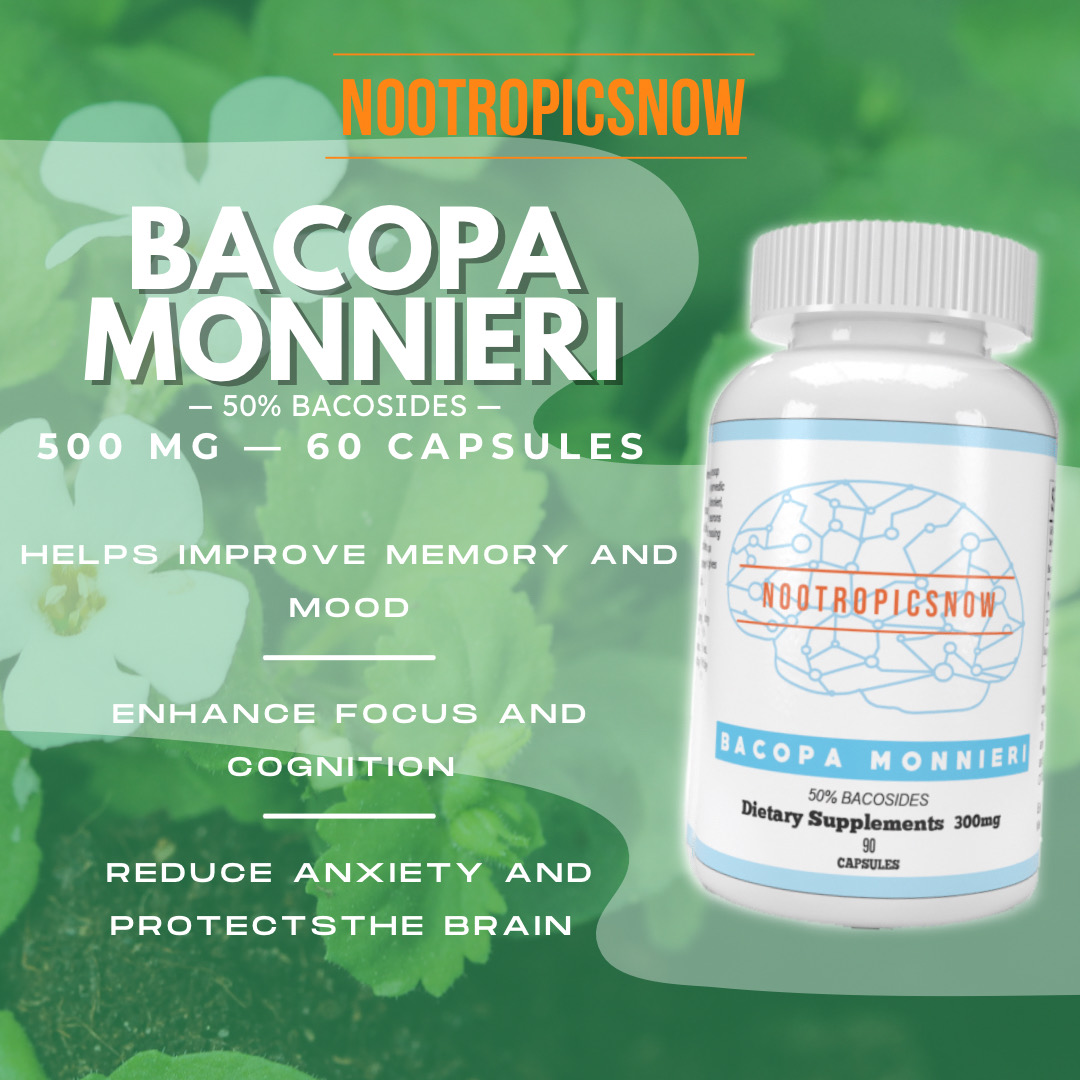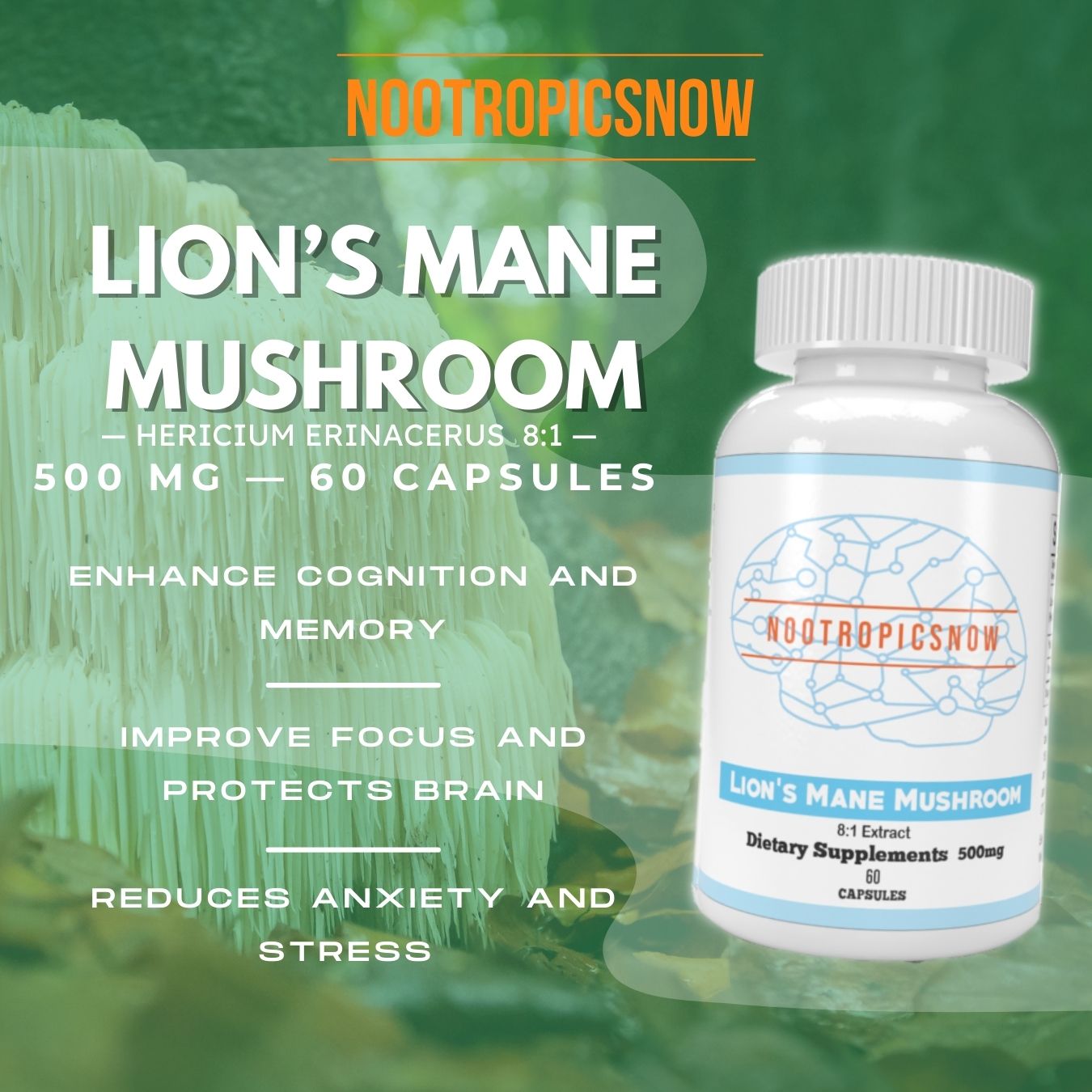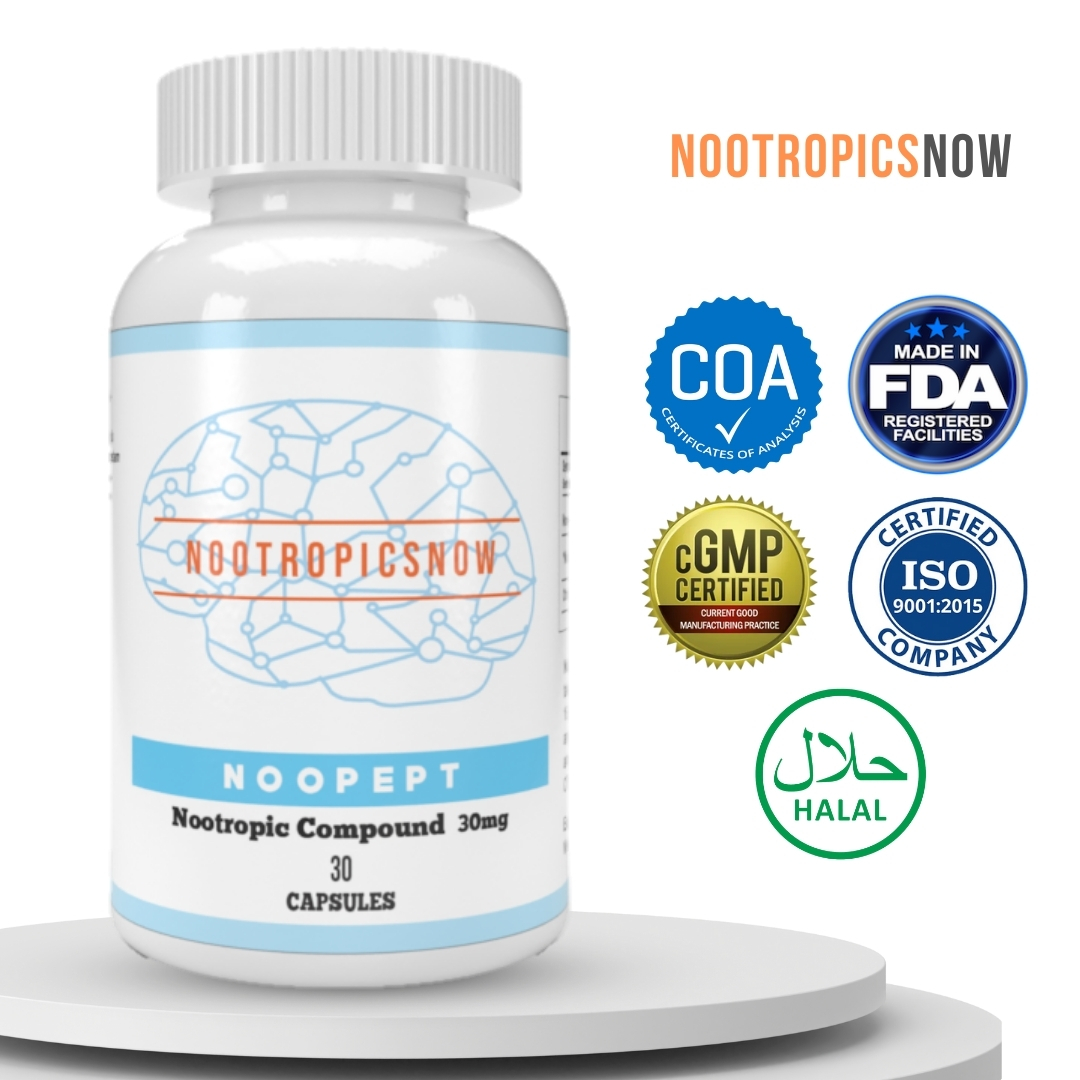Memory Enhancing Drugs: Do They Work?

Understanding Memory Enhancing Drugs: A Comprehensive Guide
Memory enhancing drugs, also called nootropics or cognitive enhancers, represent a class of substances designed to improve memory, cognitive function, and overall mental performance. Consequently, they’ve garnered significant attention from students, professionals, and individuals seeking to optimize their cognitive abilities. These drugs can be broadly categorized based on their mechanisms of action and specific effects. This guide explores various types of memory enhancers, their potential benefits, risks, and ethical considerations.
Types of Memory Enhancing Drugs

The landscape of memory enhancing drugs is diverse, encompassing both prescription medications and over-the-counter supplements. It’s crucial to understand these distinctions to make informed decisions.
Prescription Medications
Prescription memory enhancers are primarily used to treat cognitive decline associated with conditions like Alzheimer’s disease and other forms of dementia. Thus, these medications aim to manage symptoms and improve quality of life.
1. Cholinesterase Inhibitors
Cholinesterase inhibitors work by preventing the breakdown of acetylcholine, a neurotransmitter crucial for memory, learning, and muscle control. By increasing acetylcholine levels in the brain, these drugs can improve cognitive function. These drugs are often the first line of treatment for Alzheimer’s disease. The increased availability of acetylcholine aids neural transmission.
Examples:
Potential Side Effects: Nausea, vomiting, diarrhea, loss of appetite, and muscle cramps are among the possible side effects. These side effects underline the importance of medical supervision.
2. NMDA Receptor Antagonists
N-methyl-D-aspartate (NMDA) receptor antagonists regulate glutamate, another neurotransmitter involved in learning and memory. They protect brain cells from excessive glutamate activity, which can lead to cell damage.
Example:
Potential Side Effects: Dizziness, headache, confusion, and constipation can occur with memantine use. Careful monitoring is crucial.
3. Combination Therapies
In some cases, doctors may prescribe a combination of cholinesterase inhibitors and NMDA receptor antagonists. These therapies provide a dual approach to manage cognitive decline. This helps to regulate multiple neurotransmitter pathways.
Example:
Potential Side Effects: Combination therapies may increase the risk of side effects. These are commonly observed with either medication used alone. Regular monitoring by a physician is essential.
Over-the-Counter Nootropics
Over-the-counter (OTC) nootropics are substances that are purported to enhance cognitive function without requiring a prescription. The effectiveness of OTC nootropics can vary significantly. As a result, it’s important to approach their use with caution.
1. Racetams
Racetams are a class of synthetic compounds that share a similar chemical structure. They’re believed to improve cognitive function by modulating neurotransmitter systems. However, the exact mechanisms of action remain under investigation.
Examples:
Potential Side Effects: Headache, nausea, and anxiety can occur with racetam use. It is vital to start with a low dose.
2. Natural Nootropics
Natural nootropics are derived from plants, herbs, and other natural sources. Many are believed to have cognitive enhancing properties. Additionally, they have fewer side effects.
Examples:
Potential Side Effects: Side effects vary depending on the specific natural nootropic. Therefore, always research potential interactions.
3. Other Nootropic Compounds
This category includes various compounds that are often marketed as cognitive enhancers. The scientific evidence supporting their efficacy varies widely.
Examples:
Potential Side Effects: Side effects can vary depending on the specific compound. Thus, it’s essential to be informed.
How Memory Enhancing Drugs Work
Memory enhancing drugs exert their effects through various mechanisms of action. These mechanisms target different neurotransmitter systems and brain functions.
Neurotransmitter Modulation
Many memory enhancers affect neurotransmitter systems in the brain. This modulation can enhance cognitive processes such as memory, focus, and attention.
Enhanced Cerebral Blood Flow
Some substances improve blood flow to the brain. This enhanced circulation delivers more oxygen and nutrients to brain cells. In short, it supports cognitive function.
Neuroprotection
Certain memory enhancers possess neuroprotective properties. They safeguard brain cells from damage caused by oxidative stress and inflammation. This protection preserves cognitive function.
Synaptic Plasticity
Synaptic plasticity is the brain’s ability to reorganize itself by forming new neural connections. Some nootropics may promote synaptic plasticity. Consequently, it can improve learning and memory.
Potential Benefits of Memory Enhancing Drugs
The potential benefits of memory enhancing drugs attract individuals from various backgrounds. However, it’s vital to distinguish between clinically proven benefits and anecdotal reports.
Improved Memory
Many users of memory enhancers report improved memory recall and retention. However, the extent of these benefits can vary depending on the substance used.
Increased Focus and Attention
Some memory enhancers can increase focus and attention span. This improvement can be beneficial for students and professionals.
Enhanced Cognitive Performance
Memory enhancers may boost overall cognitive performance, including problem-solving and decision-making abilities. Therefore, they are highly desirable.
Neuroprotection
Some memory enhancers may protect the brain from age-related decline and neurodegenerative diseases. They provide a promising preventative measure.
Mood Enhancement
Certain nootropics have mood-enhancing effects. Thus, they could help reduce anxiety and improve overall well-being.
Risks and Side Effects
It’s important to consider the potential risks and side effects associated with memory enhancing drugs. These drugs can have adverse effects on physical and mental health.
Prescription Medications
Prescription medications for memory enhancement can cause a range of side effects. These side effects may include nausea, vomiting, diarrhea, dizziness, and confusion. In addition, careful medical supervision is essential.
Over-the-Counter Nootropics
Over-the-counter nootropics are not always well-regulated. Hence, product quality and safety can vary. Potential side effects include headaches, anxiety, insomnia, and digestive issues.
Long-Term Effects
The long-term effects of many memory enhancing drugs are not well-understood. More research is needed to assess the potential risks of prolonged use. This is a significant area of concern.
Interactions with Other Medications
Memory enhancers can interact with other medications. This interaction can alter their effects or increase the risk of side effects. Always inform your healthcare provider about all substances you are taking.
Dependence and Tolerance
Some memory enhancers can lead to dependence and tolerance. It is possible that this results in the need for higher doses to achieve the same effect. Hence, this is a serious concern.
Ethical Considerations
The use of memory enhancing drugs raises several ethical considerations. These considerations are particularly relevant in competitive environments.
Fairness
The use of memory enhancers may create an unfair advantage in academic or professional settings. Those who use these drugs may perform better than those who do not. Consequently, it raises questions about fairness.
Coercion
There may be pressure to use memory enhancers in certain environments. For example, high-pressure jobs may require employees to take these substances. Therefore, this creates ethical concerns.
Authenticity
The use of memory enhancers may affect the authenticity of one’s achievements. It raises questions about whether success is truly earned or chemically induced. This is a nuanced issue.
Safety
The focus on cognitive enhancement should not overshadow the importance of safety. There is potential for users to compromise their health in pursuit of cognitive gains. Safety should always be a priority.
Future Directions in Memory Enhancement
The field of memory enhancement is constantly evolving. Ongoing research is exploring new strategies for improving cognitive function.
Novel Drug Development
Researchers are working on developing novel drugs that target specific cognitive processes. These drugs could potentially have fewer side effects.
Non-Pharmacological Interventions
Non-pharmacological interventions, such as cognitive training and brain stimulation, offer alternative approaches to memory enhancement. These options could prove to be valuable.
Personalized Medicine
Personalized medicine tailors treatments to individual needs. This approach may optimize the effectiveness of memory enhancing strategies. In addition, it minimizes risks.
Conclusion
Memory enhancing drugs represent a diverse and complex field. It encompasses both prescription medications and over-the-counter supplements. They offer the potential to improve cognitive function. However, these medications also come with risks and ethical considerations. It is essential to approach the use of memory enhancers with caution. Furthermore, staying informed about the latest research and consulting with healthcare professionals is crucial. By weighing the potential benefits and risks, individuals can make informed decisions. They can align their choices with their cognitive goals and overall well-being. The future of memory enhancement holds promise. Additionally, ongoing research may lead to more effective and safer strategies for improving cognitive function.
Memory Enhancing Drugs: A Deep Dive into Cognitive Enhancement
Memory enhancing drugs, more commonly known as nootropics or cognitive enhancers, represent a diverse category of substances designed to boost cognitive function, primarily memory, but also attention, creativity, and motivation. These substances range from prescription medications used to treat cognitive disorders to over-the-counter supplements marketed to improve mental performance. Understanding the different types of memory enhancing drugs, their mechanisms of action, potential benefits, and risks is crucial for anyone considering their use.
Types of Memory Enhancing Drugs
Memory enhancers can be broadly classified into several categories, based on their chemical composition, mechanism of action, and regulatory status.
Prescription Medications
Prescription memory enhancers are primarily used to treat cognitive impairment associated with neurodegenerative diseases like Alzheimer’s disease and other forms of dementia. These drugs typically target specific neurotransmitter systems in the brain.
Nootropics (Smart Drugs)
Nootropics, also known as smart drugs, are substances that are claimed to enhance cognitive function in healthy individuals. Unlike prescription medications, nootropics are not typically approved by regulatory agencies for treating specific medical conditions. They are often marketed as dietary supplements or research chemicals.

View Product

View Product

View Product
Mechanisms of Action
Memory enhancing drugs exert their effects through a variety of mechanisms, depending on the specific substance. These mechanisms include:
Potential Benefits
Memory enhancing drugs have the potential to offer a range of cognitive benefits, including:
Risks and Side Effects
Despite their potential benefits, memory enhancing drugs also carry risks and potential side effects. It is essential to be aware of these risks before considering their use.
Considerations Before Use
Before considering the use of memory enhancing drugs, it is essential to carefully weigh the potential benefits and risks. Here are some factors to consider:
The Future of Memory Enhancement
The field of memory enhancement is rapidly evolving. Researchers are exploring new drugs, supplements, and technologies that may have the potential to improve cognitive function. Some promising areas of research include:
Conclusion
Memory enhancing drugs represent a diverse and evolving field. While some substances have shown promise in improving cognitive function, it is essential to approach their use with caution. Carefully weigh the potential benefits and risks, consult a healthcare professional, and prioritize a healthy lifestyle. The future of memory enhancement holds great promise, but it is crucial to proceed responsibly and ethically.













